Themes
History
446 articles
by Vladimir Putin
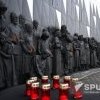
Saint Petersburg (Russia) | 29 January 2024

21 March 2023
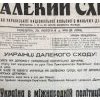
1 July 2022

22 June 2022

3 June 2022

30 May 2022

23 May 2022
by Vladimir Putin
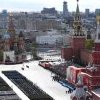
Moscow (Russia) | 9 May 2022

Moscow (Russia) , Jaffa/Tel Aviv (Palestine/Israel) | 5 May 2022
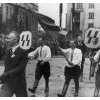
30 April 2022
by Joseph R. Biden Jr.
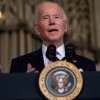
Washington D. C. (États-Unis) | 24 April 2021
“The art of war”
by Manlio Dinucci

Rome (Italy) | 19 January 2021
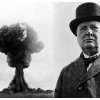
16 September 2020
by Vladimir Putin
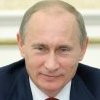
Moscow (Russia) | 18 June 2020
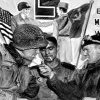
Washington D. C. (États-Unis) | 7 May 2020